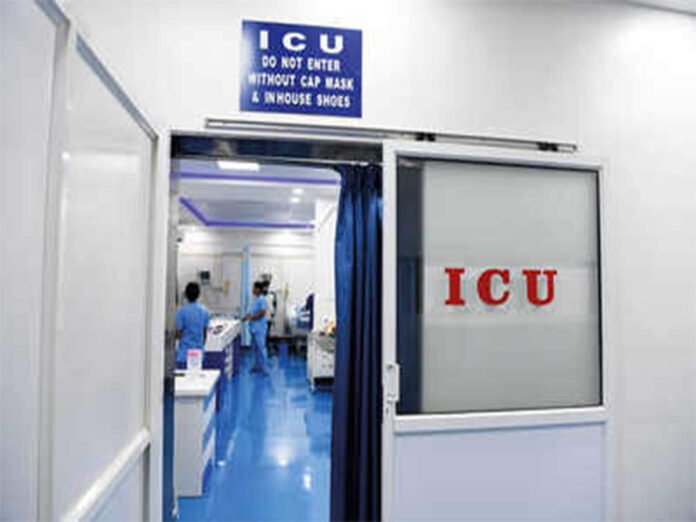The Indian government has issued guidelines for hospitals to treat ICU patients. The guidelines specify ICU admission symptoms such altered consciousness or breathing assistance.
The Indian government provides rules for hospitals to determine Intensive Care Unit treatment needs. A group of 24 prominent critical care specialists created the guidelines.
They list ICU admission conditions including “an altered level of consciousness or if the patient needs respiratory support”. ICU care is also advised for severe acute sickness needing intensive monitoring, medical conditions expected to worsen post-surgery, and serious intraoperative complications.
Patients with a living will or advanced directive against ICU care, informed refusal, disease with a treatment limitation plan, and terminal illness with medical futility are excluded from ICU care.
Dr. R K Mani, a guideline developer, said ICU is limited. “Our recommendations aim to ensure its judicious use so that those who need it most get it on priority,” he said.
These are advisory, according to Indian College of Critical Care Medicine Secretary Dr. Sumit Ray. The ICU admission and release criteria are broad, and the treating doctor has a lot of discretion, he said. Dr. Ray said most modern nations have patient triage protocols to use resources wisely.
Nearly 1 lakh ICU beds in private facilities in metropolitan cities are in India. Advocate and public health activist Ashok Agarwal said poor individuals who cannot afford private hospitals battle, sometimes without success, to get ICU beds. “Prioritizing ICU patients by condition may be good for a disaster, but the government should work to ensure enough facilities to provide critical care to all,” he said.
ICU beds at private facilities cost 5-10 times more than regular beds. There have been complaints regarding unnecessary ICU admissions.
The Directorate General of Health Services (DGHS), the health ministry’s top technical advisory and regulatory body for healthcare, has released new guidelines that may help decide whether ICU admission is necessary.
The guidelines recommend discharging a patient from the ICU if their physiological aberrations recover to near normal or baseline status or if their severe illness has stabilized. If the patient/family agrees to ICU release for treatment-limiting or palliative care, discharge is advised.
Manpower requirements include intensivists or critical care specialists with training, certification, and expertise treating critically sick ICU patients. Instead, they recommend MBBS graduates with at least three years of ICU experience (at least 50% time spent in ICU).
Conclusion
The government provides guidelines for hospitals to treat ICU patients. The 24 top doctors’ guidelines mention ICU admission symptoms such altered consciousness or breathing support. ICU care is suggested for severe acute diseases, post-surgery problems, and serious intraoperative difficulties. Patients with a living will, advanced directive against ICU care, informed refusal, sickness with a treatment limitation plan, and terminal illness with medical futility are excluded. ICU admission and release criteria are broad, hence the guidelines are advisory. The guidelines recommend discharging patients if their physiological aberrations revert to near normal or if their acute illness resolves and stabilizes.



